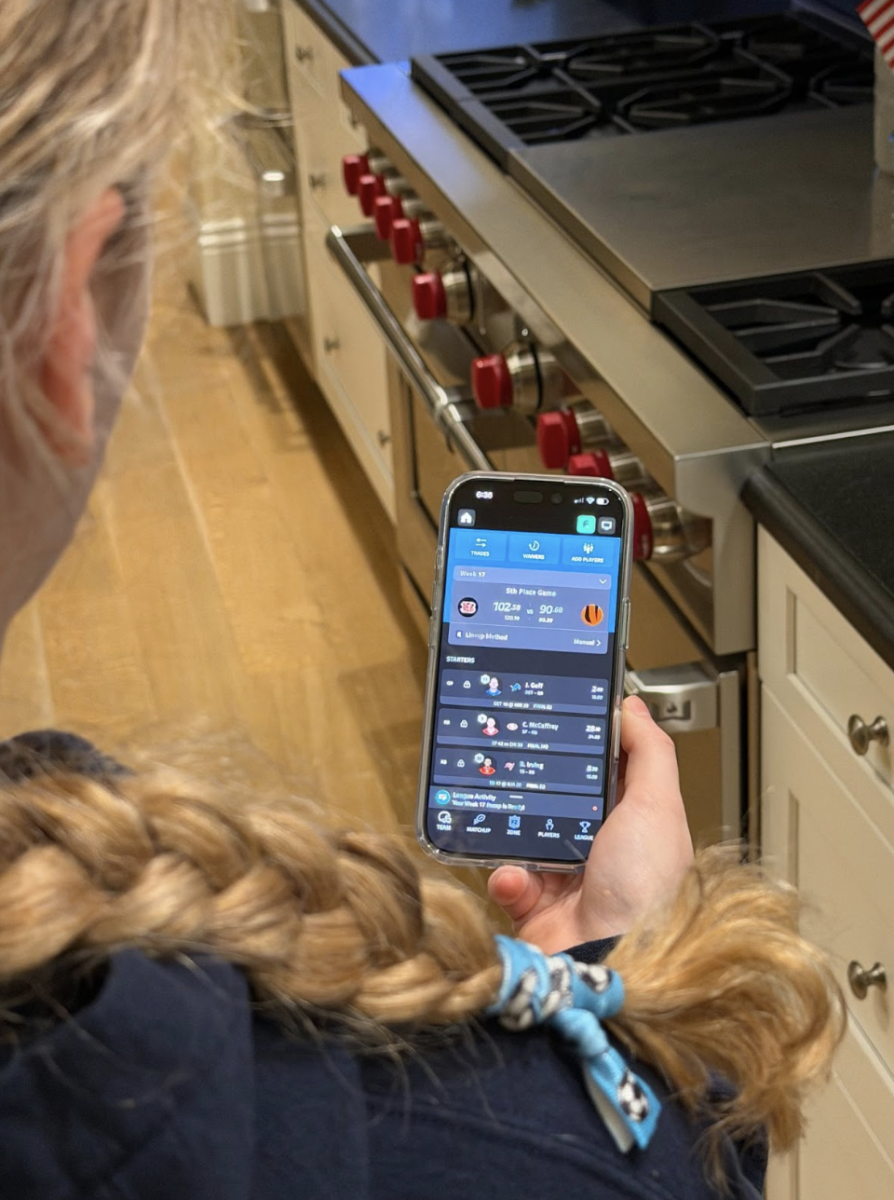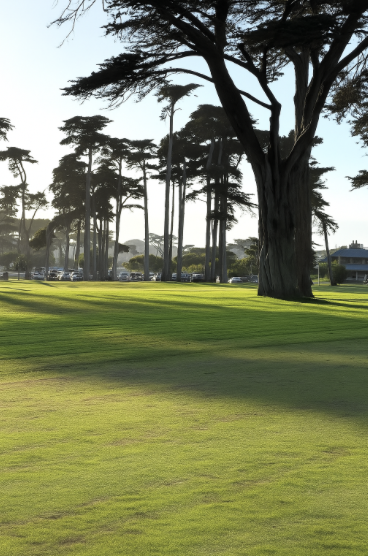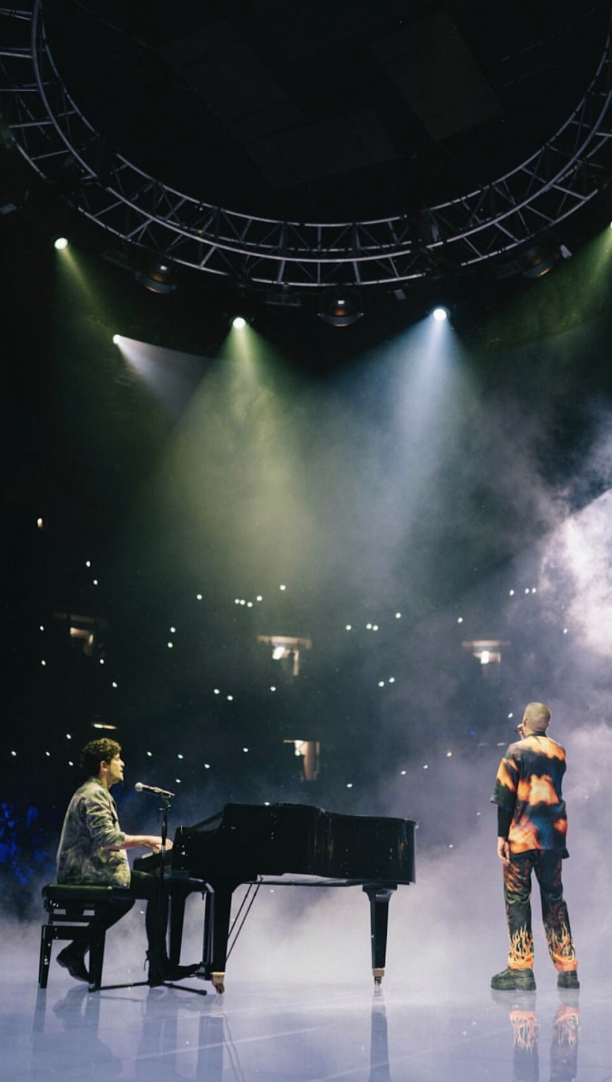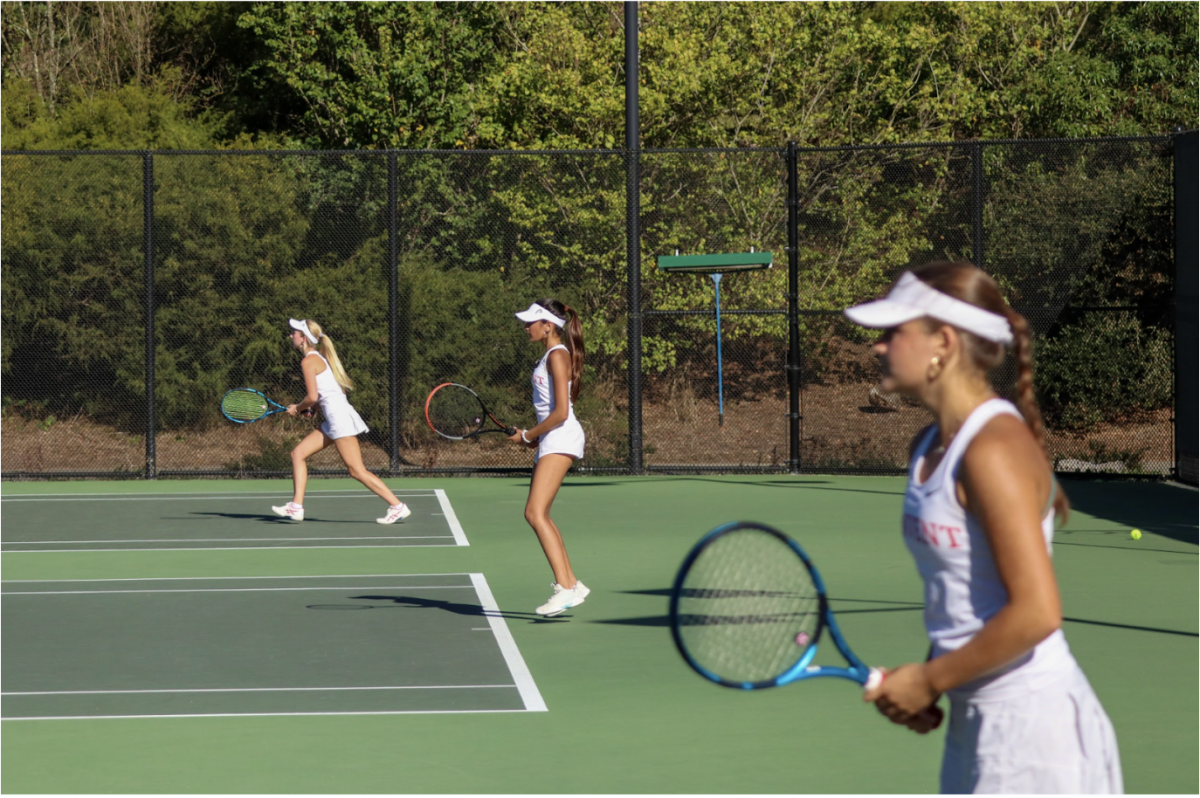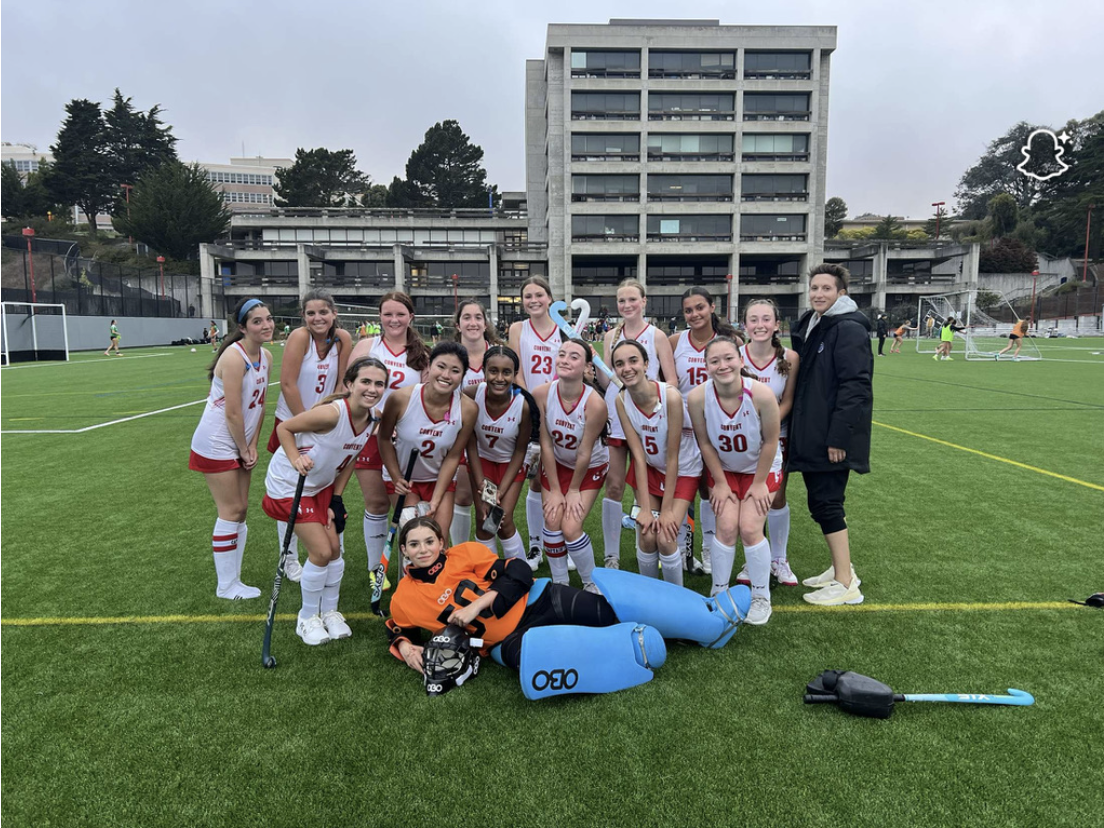 Tatianna Guiterrez
Tatianna Guiterrez
Senior Reporter
“The OC,” a popular teenage television show that ended its run, shows varsity athletes passing out from the alcohol they consumed at parties after celebrating a win. Yet, underage drinking is illegal and can cause health risks as well as decrease athletic performance.
“Drinking decreases muscle mass,” Dr. Hans Yu, a former University of San Francisco women’s volleyball team physician said. “If you have less lean muscle mass you have a less successful overall performance.”
Yu also attributes alcohol use to muscle wasting, the breakdown of muscle and can affect behavior on the field, court or in the water. Sleep deprivation, nausea and headaches the morning after drinking can cause players not to be on top of their game, according to a San Francisco private school soccer and basketball player and who asked not to be identified.
“At a morning practice after a night out drinking, some players seem slower and groggier,” she said. “Usually the best or most committed players don’t partake in drinking.”
Some student athletes say players who do not drink appear to be in better shape compared to those who participate in drinking, according to the two sport athlete.
“Alcohol increases fat storage and athletes don’t want a high percent of body fat,” Yu said. “Alcohol also suppresses appetites.”
Athletes use carbohydrates and glucose both contained in beer for energy and a buildup of carbohydrates and glucose can result in fat. Unburned fat produces more lactic acids, muscle soreness and weakness. Drinking can also affect the team’s overall scores and cause tension between teammates.
“It is frustrating because everyone is dedicated to the sport,” a sailor who attends a private school in San Francisco said. “When one person makes the choice to drink, it brings the whole team down.”
Possession, consumption and distribution of alcohol to anyone under the age of 21 is illegal and can result in serious consequences with academic and legal authorities.
“Any situation needs a conversation and that would happen with the dean and possibly the head of school,” dean Rachel Simpson said. “Any additional consequence, with the consultation of the athletic director, would be suspension from a game, a series of games or potentially the inability for that athlete to continue to play for the season.”
Despite being illegal, some athletes participate in drinking only on their off season as a result of their commitment to the sport, according to the two sport players.
“Whenever I’m in my main basketball season or soccer season, I just don’t partake in drinking,” she said. “I’ve worked too hard to let one good night ruin a season I’ve spent the whole summer improving for.”
Student athletes say they often feel excluded while their peers partake in drinking.
“My friends don’t try to force me to drink or even pressure me into drinking,” sophomore Sarah Bunney, who is on the sailing team, said. “It is more just feeling like I am missing out on the situation, I feel like I shouldn’t be there because I don’t drink.”
Some athletes have found ways to cope with the peer pressure and awkward situations.
“I always make sure that I have a beverage in my hand so then no one tries to get me to drink more,” a swimmer who attends a private school in San Francisco said. “I like being able to control myself and what’s going on. So I would rather drink less and feel more out of place then try to fit in.”
Student athletes agree that drinking has a negative impact on the relationship between the team and overall performance.
“I don’t participate in my team’s antics anymore, but I have been involved in the past,” the sailor said. “I have seen how it affects our team and the environment we want as a team. I don’t think it is worth it to ruin our teams friendships and scores.”









